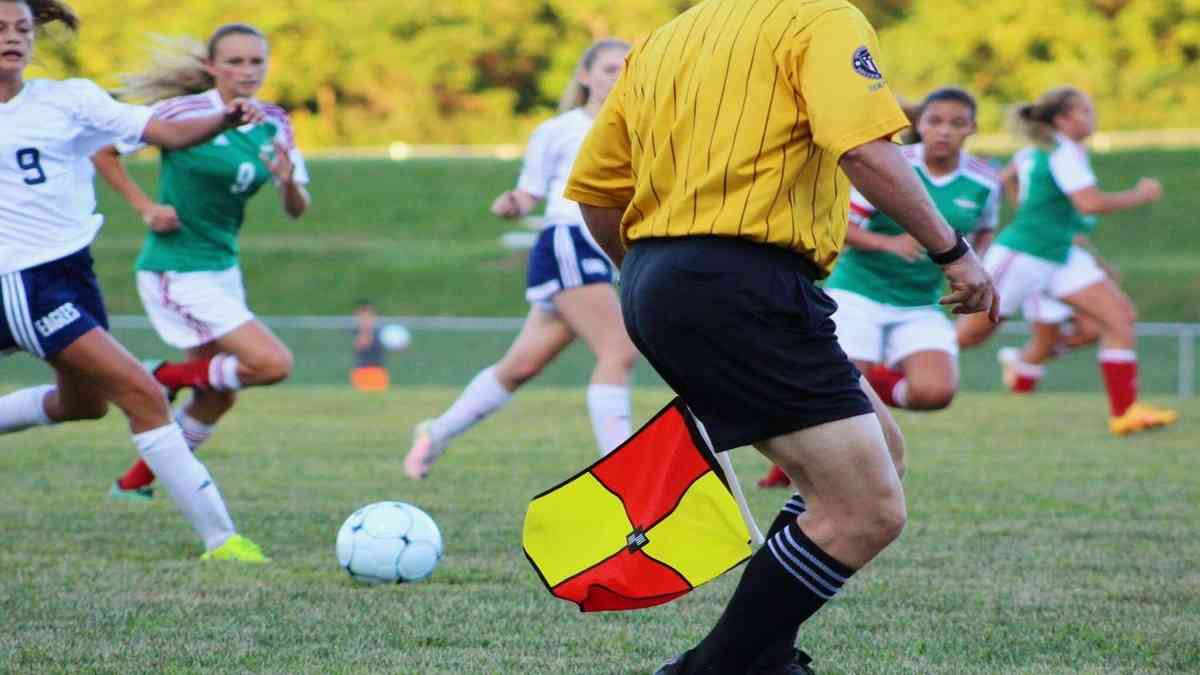Football is full of excitement, strategy, and moments that keep fans on the edge of their seats. While most people are familiar with basics like offside, fouls, and penalties, there are lesser-known rules that can surprise even experienced fans. Understanding these hidden rules can make watching and playing football even more interesting.
1. The Dropped Ball Rule
When play is stopped due to an accidental injury or outside interference, the referee may restart the game with a dropped ball.
- The ball is dropped at the place where it was when play stopped.
- Both teams can compete for possession once the ball touches the ground.
- If the ball enters the goal directly from a dropped ball, the goal does not count.
2. Goalkeeper Can’t Touch the Ball Twice
After a goalkeeper has released the ball into play:
- They cannot touch it again with their hands before another player touches it.
- Doing so results in an indirect free kick for the opposing team.
This rule prevents goalkeepers from wasting time or unfairly controlling the game.
3. Back-Pass Rule
If a teammate deliberately passes the ball to the goalkeeper using their foot:
- The goalkeeper cannot pick up the ball with their hands.
- Violation results in an indirect free kick for the opposing team.
This encourages more dynamic gameplay and reduces time-wasting.
4. Unusual Fouls
Some fouls are not obvious but are still against the rules:
- Impediment without contact: Blocking a player without touching them.
- Handling the ball unintentionally in the penalty area: Even accidental handball can result in a penalty.
- Simulation (diving): Pretending to be fouled to gain advantage can lead to a yellow card.
5. Set-Piece Exceptions to Offside
Many players think offside always applies, but there are exceptions during set pieces:
- Goal kicks, throw-ins, and corner kicks do not trigger offside.
- This allows attackers to position themselves freely and encourages creative plays.
6. Advantage Rule
Referees can let play continue even after a foul if stopping the game would disadvantage the team that was fouled.
- For example, if a player is fouled but the ball is near a teammate in a better position to score, play continues.
- This keeps the game flowing and dynamic.
Why Knowing Hidden Rules Matters
- Better understanding as a fan: Makes watching games more engaging.
- Improved gameplay: Players can avoid unnecessary fouls or mistakes.
- Referee insight: Helps players anticipate referee decisions.
Conclusion
Football is more than just goals, tackles, and offsides. Its hidden rules add depth and strategy that many fans overlook. Learning these rules gives you an edge, whether you’re playing in a local league or just watching your favorite team on TV.
Also Read : The Psychology of Penalty Shootouts in Football: Why Mental Strength Wins Games



